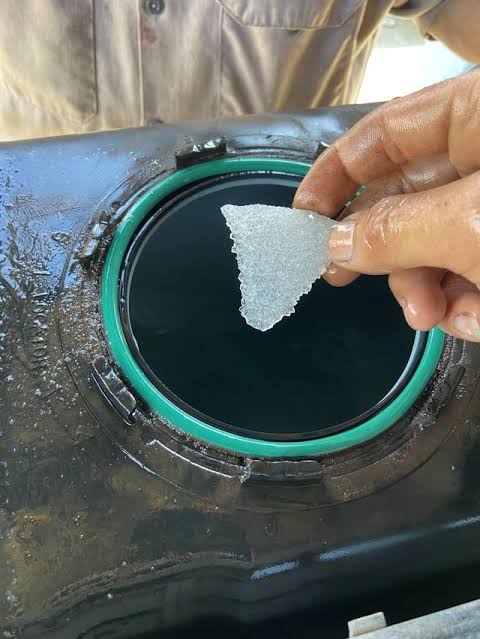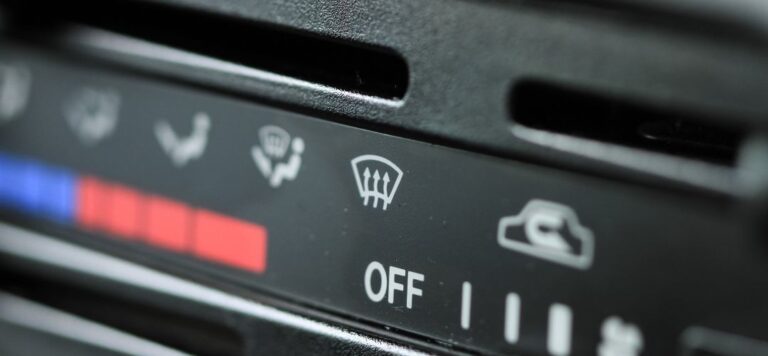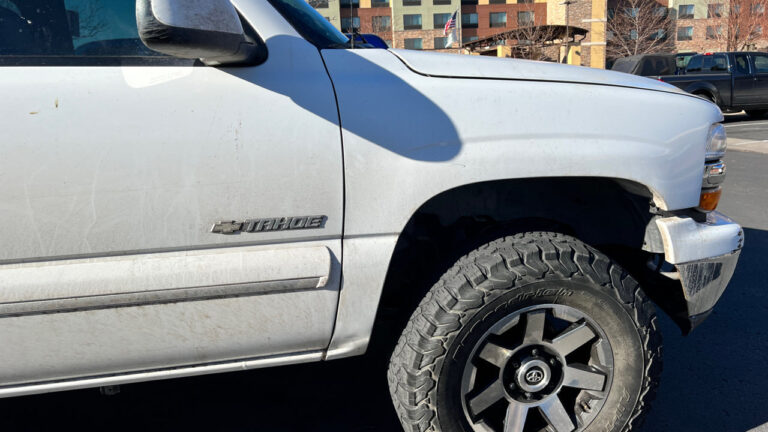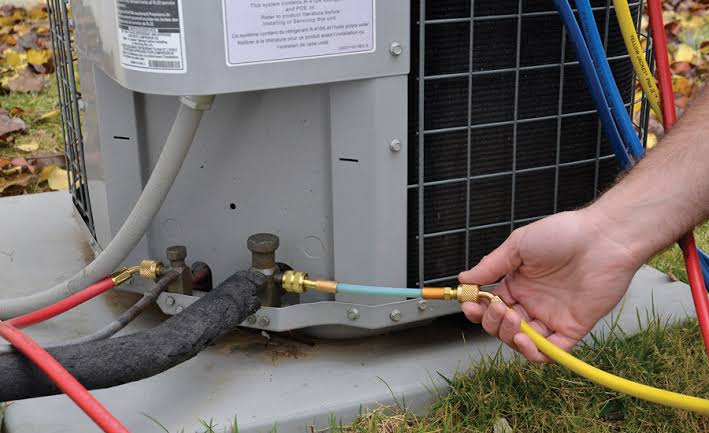Does Sugar Dissolve in Gasoline?

There’s a long-standing myth that adding sugar to a gas tank can sabotage a vehicle by causing severe engine damage. This idea often appears in movies and urban legends, but how accurate is it? Does sugar actually dissolve in gasoline, and if so, what impact does it have on a car? Let’s explore the science and facts behind this question.
Does Sugar Dissolve in Gasoline?
The short answer is no, sugar does not dissolve in gasoline. Here’s why:
- Gasoline is a non-polar solvent, while sugar is a polar compound.
- Polar substances dissolve in polar solvents (like sugar in water), and non-polar substances dissolve in non-polar solvents (like oil in gasoline).
- Because of their chemical properties, sugar does not dissolve in gasoline and instead remains as solid particles.
What Happens When Sugar Is Added to a Gas Tank?
When sugar is poured into a gas tank, it does not dissolve but instead settles at the bottom of the tank or is dispersed as particles in the gasoline. Here’s what might occur:
- Clogging of the Fuel System: The sugar particles can clog the fuel filter, fuel pump, or fuel injectors, restricting fuel flow and causing engine problems.
- Minimal or No Dissolution: Since sugar doesn’t dissolve, it doesn’t chemically alter the gasoline. Most of the damage comes from mechanical blockages rather than chemical reactions.
- Limited Impact: Modern fuel systems often have robust filters that can catch most debris, including sugar particles, preventing them from reaching the engine.
The Myth of Sugar in the Gas Tank
The idea that sugar can “ruin” an engine is exaggerated. The common belief is that sugar dissolves in gasoline and turns into a syrupy substance that gums up the engine, but this is not scientifically accurate. The real risk comes from potential clogs in the fuel system, which can be addressed with proper cleaning and maintenance.
How to Address Sugar in a Gas Tank
If sugar or any other debris has been added to a gas tank, here’s what to do:
- Stop Driving Immediately: Continuing to drive can cause the sugar to circulate in the fuel system, increasing the risk of clogs.
- Consult a Mechanic: A professional can inspect the fuel system and determine the extent of the contamination.
- Drain and Clean the Tank: The gas tank will need to be drained and cleaned to remove all sugar particles.
- Replace the Fuel Filter: The fuel filter may need to be replaced to prevent any remaining sugar from entering the fuel lines.
Preventive Measures
To avoid such incidents, consider these precautions:
- Secure Your Fuel Cap: Use a locking fuel cap to prevent tampering.
- Park in a Safe Location: Parking in a garage or a well-lit, monitored area can reduce the risk of vandalism.
- Install a Fuel Tank Sensor: Some vehicles allow for security sensors to detect tampering with the gas tank.
FAQs
1. Does sugar turn gasoline into a syrupy substance?
No, sugar does not dissolve in gasoline or turn it into syrup. It remains as solid particles.
2. Can sugar cause permanent engine damage?
Not directly. Sugar primarily causes mechanical issues like clogged fuel filters or pumps. Permanent engine damage is unlikely unless the issue is ignored for an extended period.
3. How much sugar is needed to damage a car?
Even small amounts of sugar can clog a fuel system, but modern cars with fuel filters can mitigate this to some extent. Large amounts may increase the risk of clogs.
4. How much does it cost to fix a car with sugar in the gas tank?
The cost can range from $200 to $1,000, depending on whether the tank needs cleaning, fuel filters need replacement, or the fuel system requires more extensive repairs.
5. Does sugar in a gas tank void a car’s warranty?
Tampering with the fuel system may void the warranty, especially if it’s determined to be intentional vandalism or negligence.
Conclusion
Sugar does not dissolve in gasoline, debunking the myth that it can create a syrup-like substance that destroys engines. However, it can still cause problems by clogging the fuel system. While it’s not as catastrophic as urban legends suggest, addressing the issue promptly is essential to prevent further complications. Understanding the science behind sugar and gasoline can help dispel myths and guide you in taking appropriate action if this ever happens to your vehicle.
Also Check:
• Does Sugar Dissolve In Petrol?





